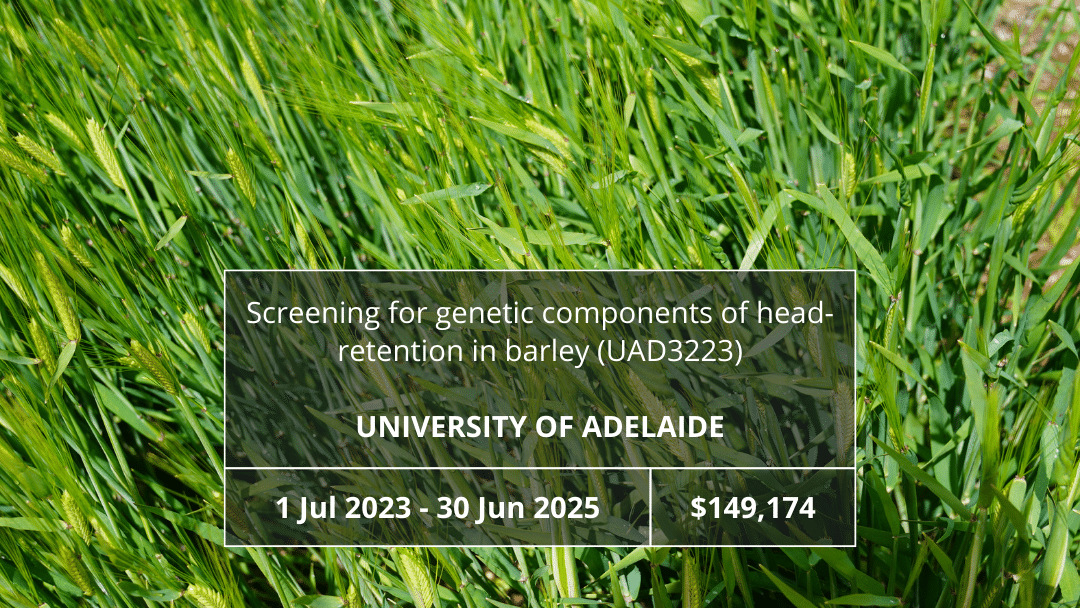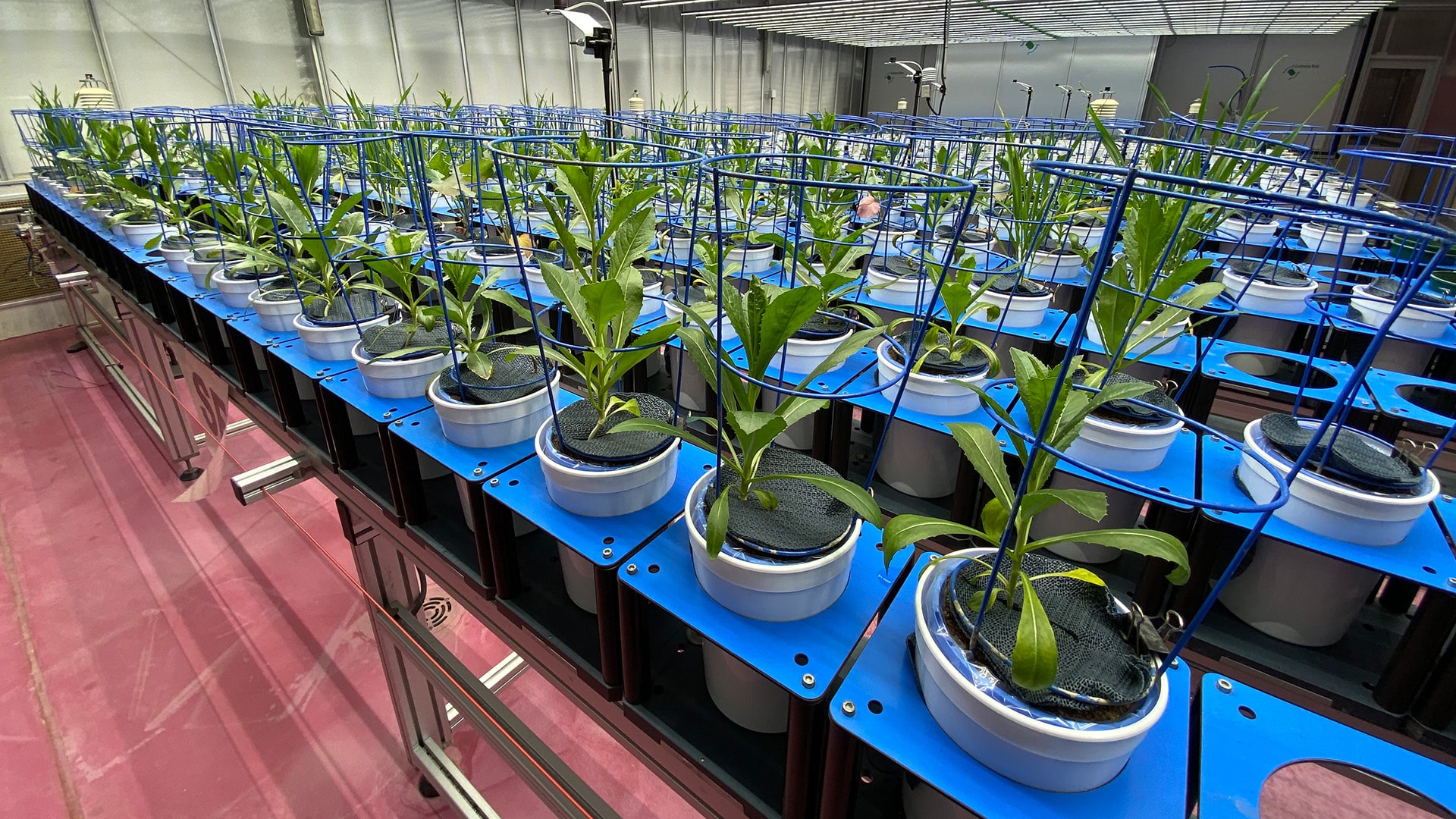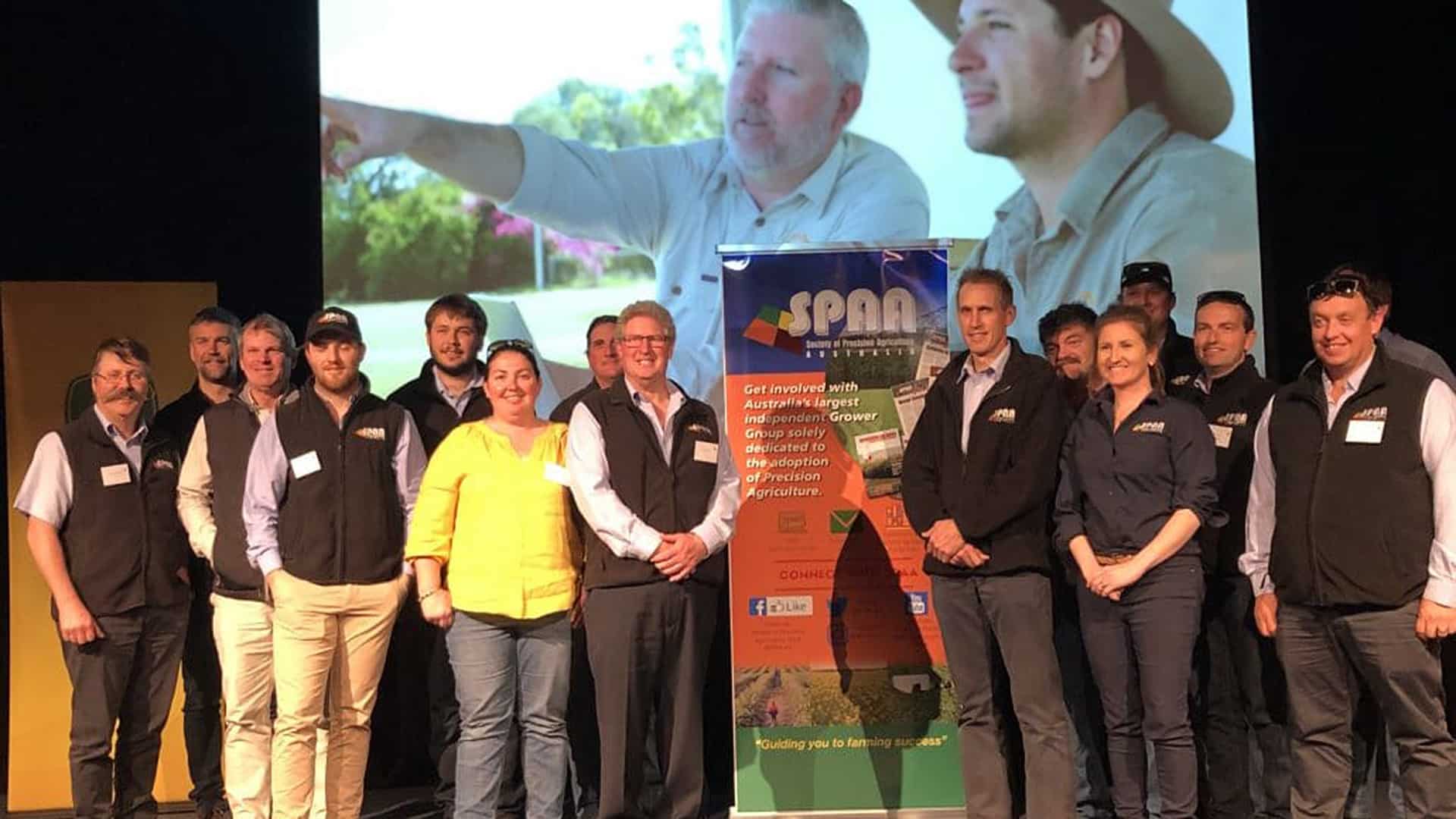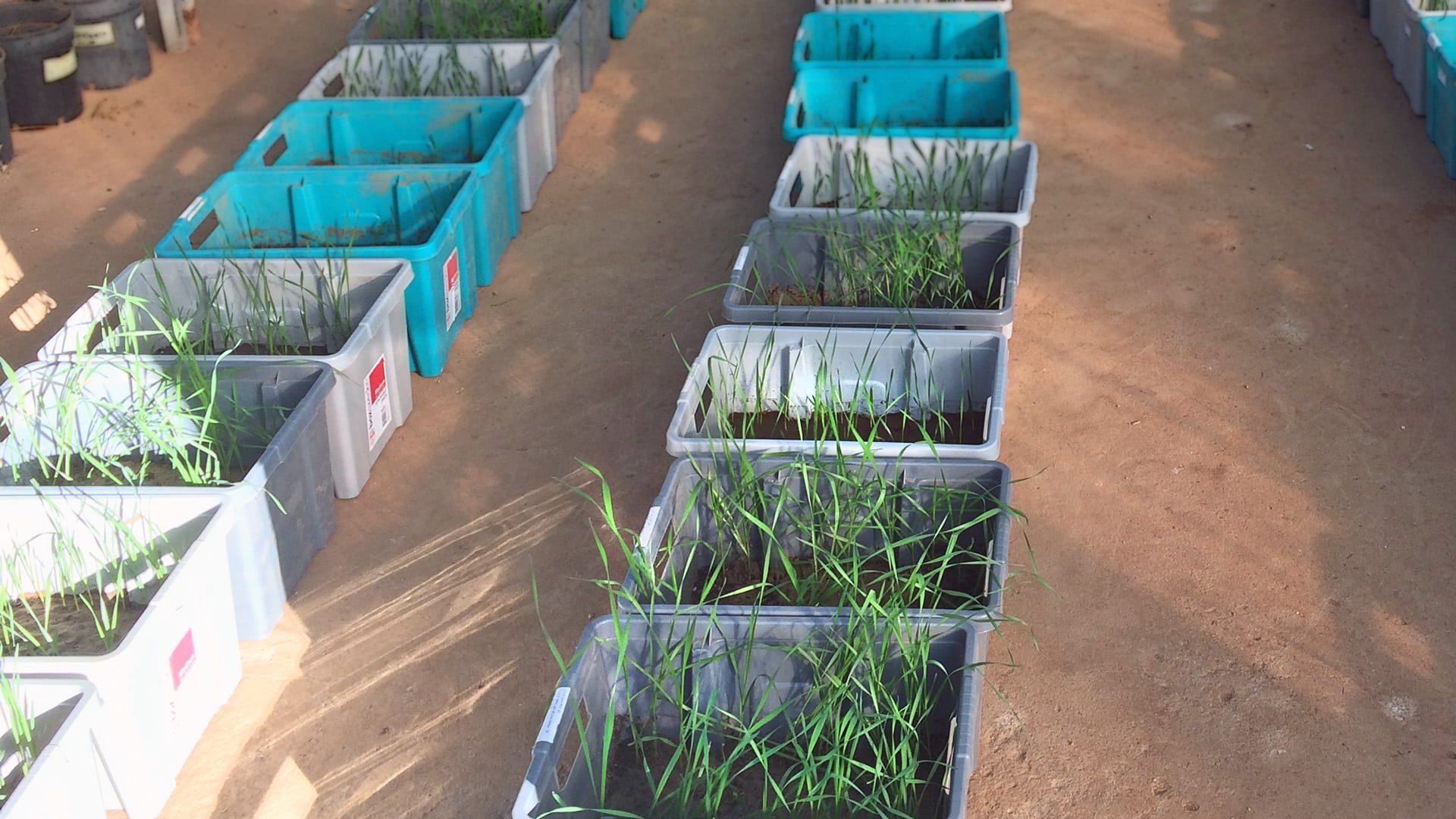START
FINISH

Summary
Barley head loss is an ongoing issue that leads to reduced yield based on environmental factors and cultivar sensitivity. Although management options exist, improved genetic solutions are needed to limit the seasonal and site variability. In this project, researchers will extend current knowledge of head loss management and peduncle structure to consider new cultivars and candidate genes that might influence head retention.
Project Participants
Matthew Tucker, University of Adelaide
The research
Barley head loss is an ongoing issue that leads to reduced yield based on environmental factors and cultivar sensitivity. Although management options exist, improved genetic solutions are needed to limit the seasonal and site variability. In this project, researchers will extend current knowledge of head loss management and peduncle structure to consider new cultivars and candidate genes that might influence head retention.
Funding
$149,174
More information
Matthew Tucker
T: 8313 9241
E: [email protected]



